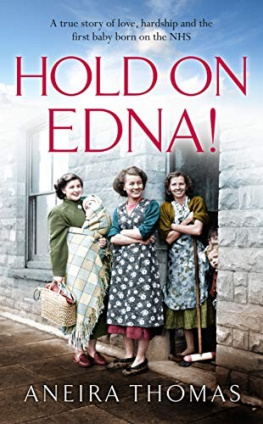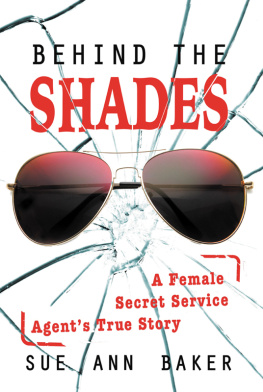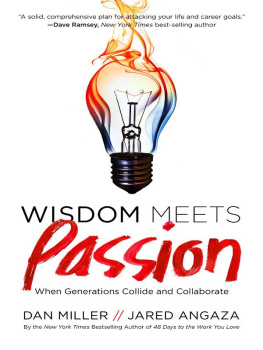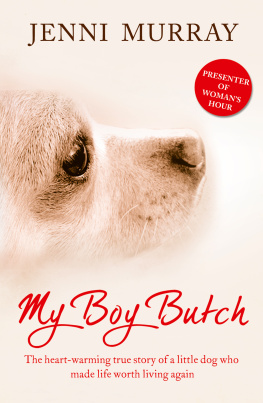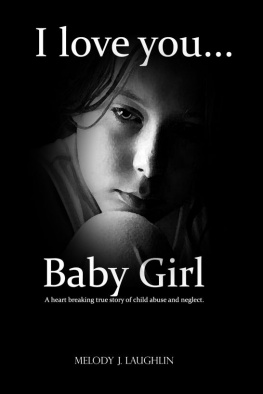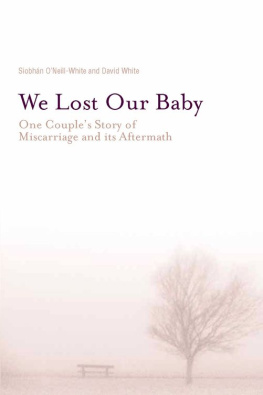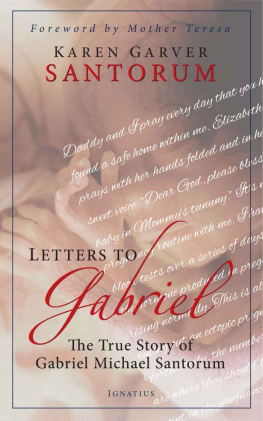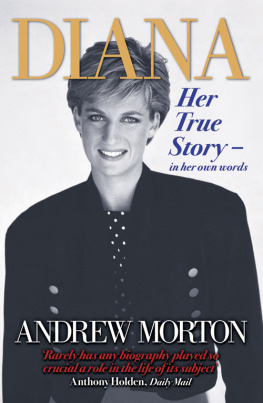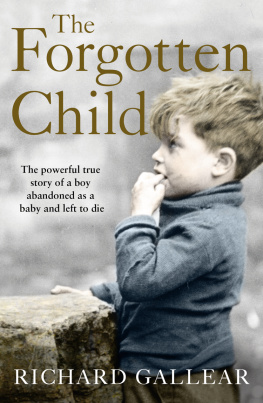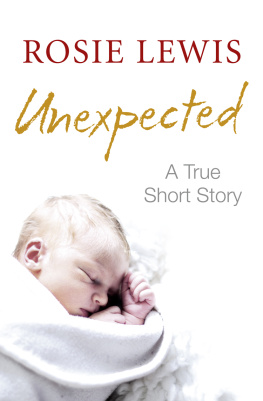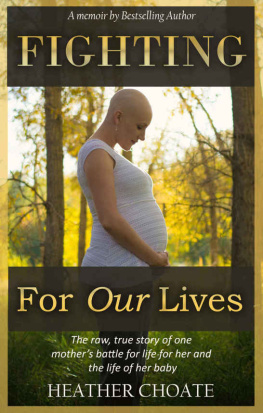First published by Mirror Books in 2020
Mirror Books is part of Reach plc
10 Lower Thames Street
London EC3R 6EN
www.mirrorbooks.co.uk
Aneira Thomas
The rights of Aneira Thomas to be identified as the author
of this book have been asserted, in accordance with the
Copyright, Designs and Patents Act 1988.
All rights reserved. No part of this publication may be reproduced, stored in a
retrieval system, or transmitted, in any form or by any means without the prior
written permission of the publisher, nor be otherwise circulated in any form of
binding or cover other than that in which it is published and without a similar
condition being imposed on the subsequent purchaser.
ISBN 978-1-912624-84-3
Typeset by Danny Lyle
Printed and bound in Great Britain by
CPI Group (UK) Ltd, Croydon, CR0 4YY
A CIP catalogue record for this book is available from the British Library.
Every effort has been made to fulfil requirements with regard to
reproducing copyright material. The author and publisher will be
glad to rectify any omissions at the earliest opportunity.
1 3 5 7 9 10 8 6 4 2
Cover credits: mirrorpix
Dedicated to the memory of my mother and father,
Edna May and Willie Rees.
I feel they are still walking beside me...
See you on the Sunnyside.
"Do not allow to slip away from you freedoms the people
who came before you won with such hard knocks"
D. H. Lawrence
Foreword
Healthcare based on need, rather than ability to pay.
This simple idea has been copied around the world since Britains historic introduction of the NHS on 5 July 1948.
In the seven decades since its foundation, life for the average citizen has been transformed beyond recognition.
Before, life was precarious for all but a wealthy few. The true potential of the many, blighted by treatable illness and injury, often went unfulfilled.
After that day we could suddenly expect to live to a grand old age. Childbirth and work accidents stopped routinely claiming lives in every community.
Aneira Nye Thomas was the first person born in to this brave new world and the story of her family is the story of our most treasured institution.
These heartbreaking and touching tales from the mining communities of South Wales are the story of how our society changed to one no longer gripped by fear of death and disability.
Nye puts it best when she says of universal healthcare: We see it as a basic human right, but it wasnt always.
If the stories of my ancestors show me anything it is this; human survival and a decent quality of life came at a premium.
Martin Bagot
Health Editor, Daily Mirror
Prologue
Timing makes all the difference. Between contractions there is panting, breaths coming quick and fast. There is such a thing as too much pushing, between the pains propelling her forward. This baby is Ednas seventh. She lies on the bed in Amman Valley Hospital, exhausted. Funny how the mind forgets the pain after each birth, after the child lies safely in her arms. There is no way she could have done it again, after the first, if she remembered the agony of it all.
It is 1948. The war feels like a more distant memory day by day, and the country is starting to climb back onto its feet. Food is becoming more readily available after years of scrimping. Here, in south Wales, some men have returned; others will never come home.
Edna could be at home, right now. She could have called for a midwife, or handywoman, as they were known then. But the house is small and full of children. It seems safer here, in the bustle of the local hospital. Women rush around, carrying towels, hot water, jars of pale white cream, trays of long metal instruments. Their hair is neatly pinned back, their uniforms starched and pristine. She feels a mess beside them, trying to steady her breathing, sweat running down her temples and into her ears. Theyve seen it a thousand times before, she tells herself. Nothing will surprise or disgust them. Just keep going.
Another contraction, now. Its a big one and it pulls a moan, deep and loud, from her chest. She didnt know she was capable of making such noises. Its intensity frightens her. A nurse, standing by her side, takes her hand. Behind her head there is a clock, large and perfectly circular. Its soothing, somehow. The time is ten minutes to midnight.
Its been a warm summer, so far. June seeped into July with no sign of rain. The fields that spread around Ednas home, a smallholding she and her husband struggle to maintain, are parched and turning brown. She wishes it were cooler, September perhaps or February even. Pregnancy during the summer can be a wretched thing, but its not as though she had much choice.
When she was 14, desperately unhappy and homesick, Edna worked for a brief period for a family in Cardiff. Miss Millie and Master Jack were sweet children, as sweet as her own. But the man of the house, their father, was a different story. She doesnt want to think about it now. But there she is, a tiny dark-haired girl once again, boiling a pan of water in the scullery. Shes determined, watching it boil. When its ready she steels herself and grasps the handle, noticing the bubbles rising to the surface of the water. She pours it down her leg in one swift movement, before she can change her mind. The pain is blinding, mind-numbing in its force. Hours later, when they find her, shes scooped up and returned home to her mother, and she never sees Miss Millie, Master Jack or their father again. She escaped, but at what cost? And why, at seven minutes to midnight, is she remembering this now?
Nurse Richards has stayed with Edna through the hours that have passed since she was admitted. There is a doctor, too, watching the clock. Edna knows why he is watching it, but the seconds seem to be ticking by so slowly. For a moment she allows her muscles to relax: theyve been tensing under the strain of anticipation, waiting for the next wave of pain. Her brow is slick with sweat and Nurse Richards dabs at it with a damp cloth. Down the corridor, Edna can hear the shouts of another woman. Shes got a while to go, though, says Nurse Richards, nodding her head back towards the sound. Wont be a few hours yet. She pauses, looks up at the clock again. Its her first, she explains simply.
The pain is building again now a knot growing in size deep in her belly. Everything feels like its being pulled in, preparing, getting ready. Its like the split seconds before a wave breaks the shore. Her face contorts as it hits her, and she is shouting now. She just wants it to stop.
Nurse Richards stands at the foot of the bed, gripping one of Ednas feet, watching and nodding. She spots a head, and calls the doctor. The time is three minutes to midnight.
Edna, says the doctor, coming to stand beside the bed. You need to wait. Its not long now. Dont push. Just hold on, Edna.
She recalls, dimly, why they want her to wait. Just hold on, she thinks to herself. Three minutes. Soon, it will be 5 July. She furrows her brow, concentrating on the long arm of the clock above their heads. Three minutes. 180 seconds. Its a drop in the ocean compared to all the minutes that shes lived through, but its the longest wait of her life. When the clock strikes twelve, everything will be different. She doesnt know it yet, but her baby will be born into a new world. I hope its worth this pain, she thinks, and all the pain thats come before it. It has to be.
* * *
Edna, my mother, is the last in a long line of women for whom childbirth could mean disaster. As I prepare to make my entrance into the world, she hears the calls of the nurse and doctor, and remembers why she has been asked to wait. There is nothing so tortuous as resisting this urge to push: its taking every fibre of her concentration, and she cant hold out much longer. What if her delay causes harm to the baby?
Next page
